You Can Make a Difference in North Carolina
Every species we protect and acre we restore begins with you.
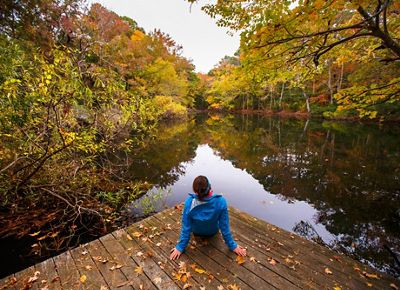
Bekah Herndon on a dock
Nags Head Woods Preserve, North Carolina
©
Ben Herndon/Tandem Stills & Motion, Inc
Visit the Places We Protect in Your Community
Visit our North Carolina preserves to hike, bird, paddle, picnic and more.
Get Updates from the Field
Sign up to receive monthly conservation news and updates from North Carolina. Get a preview of North Carolina's Nature News email.
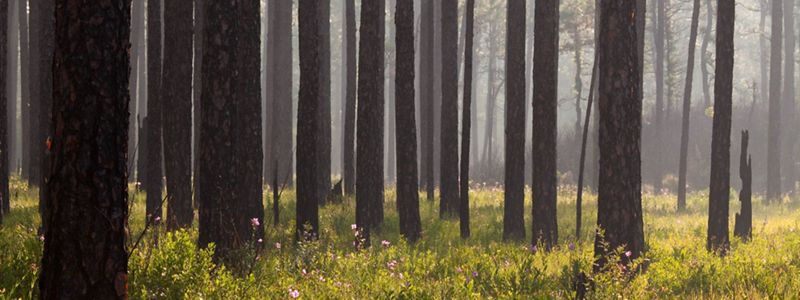
Longleaf savanna
A stand of longleaf pine grows at Green Swamp.
©
Skip Pudney
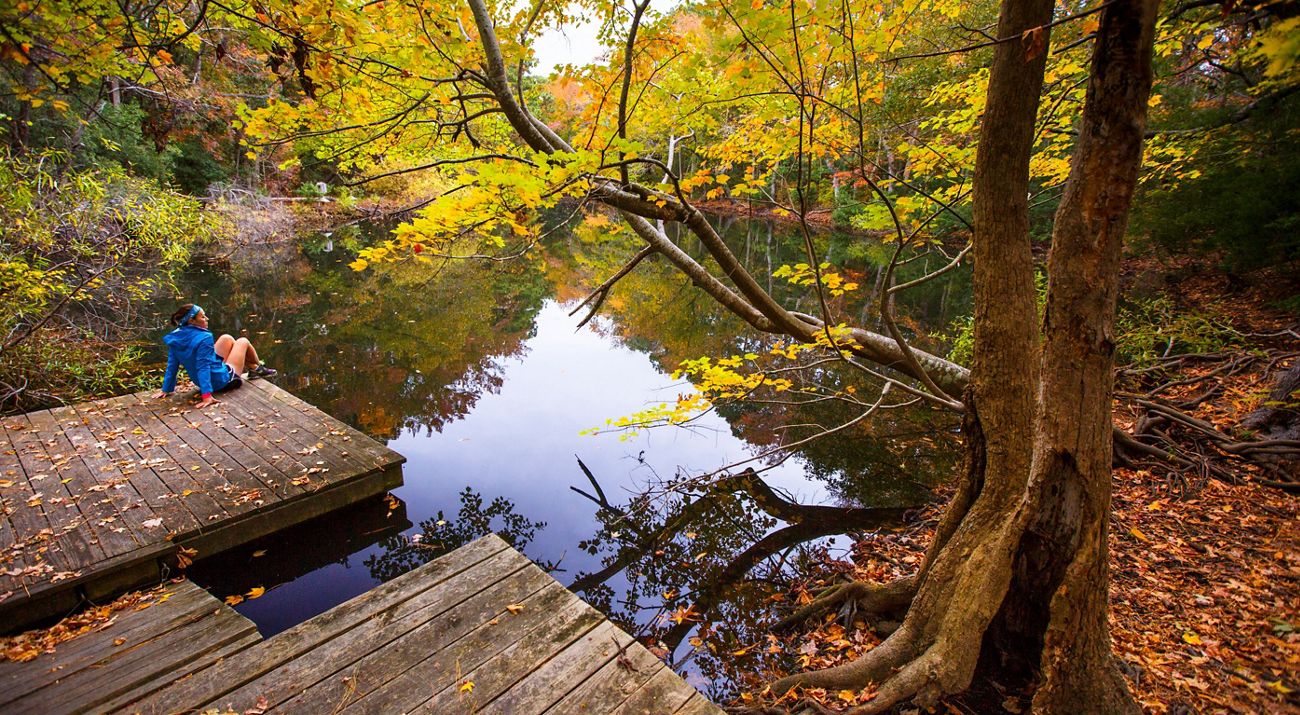
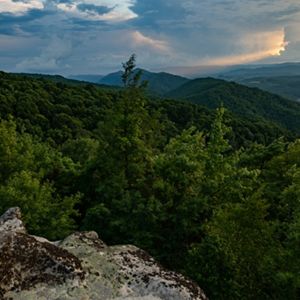
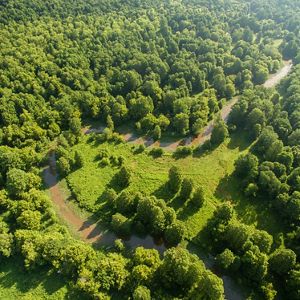
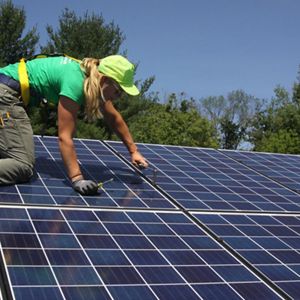
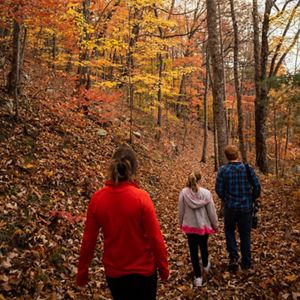
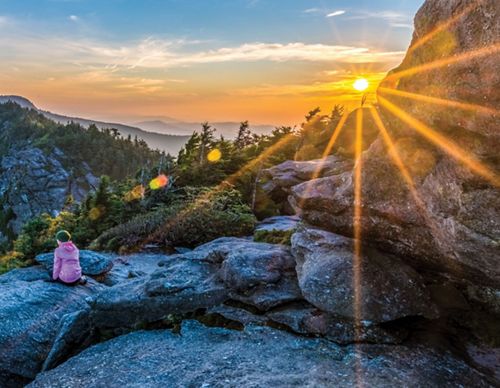

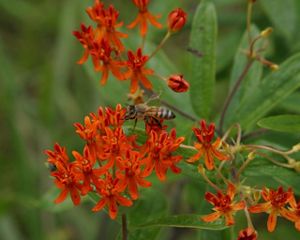
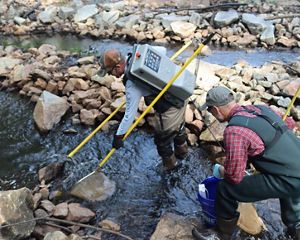


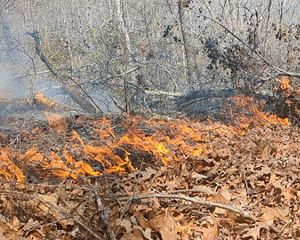
.jpg?crop=336%2C0%2C3327%2C2662&wid=300&hei=240&scl=11.091666666666667)